Physical activity improves blood circulation, ensuring that oxygen and nutrients reach the brain, which enhances cognitive function. Exercise also reduces stress and anxiety, keeping the mind clear.
Sleep is just as important and is essential for memory and learning new information. Aim for 7-9 hours of quality sleep each night so you can stay focused throughout the day. It’s also extremely important that you incorporate vitamins and minerals into your diet, as well as drinking lots of water.
Dehydration can impair concentration and memory, so drink plenty throughout the day. Make sure to avoid excessive sugar, refined carbs, and processed foods.
Remember to engage in activities that stimulate the brain, such as puzzles, reading, and learning new skills. This can improve problem-solving skills and keep the brain sharp.

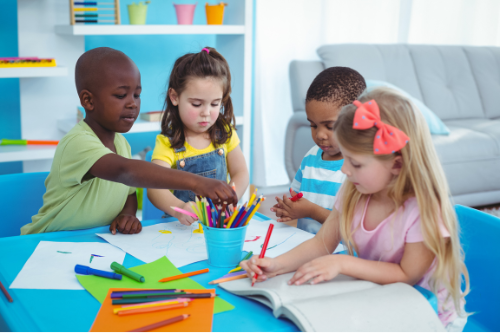
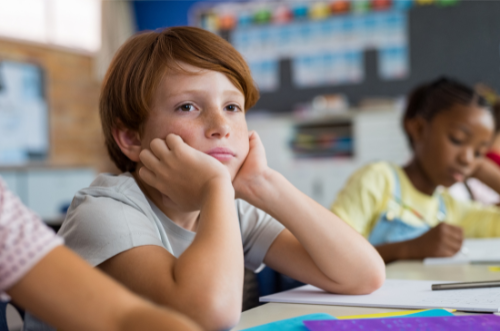
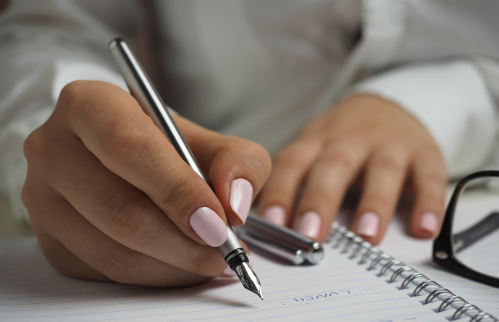
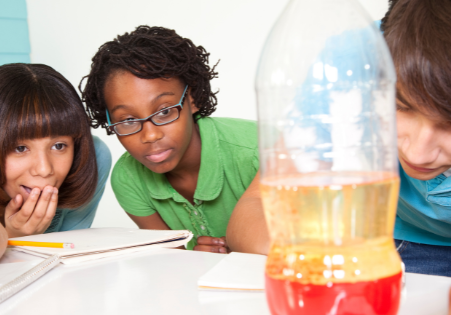



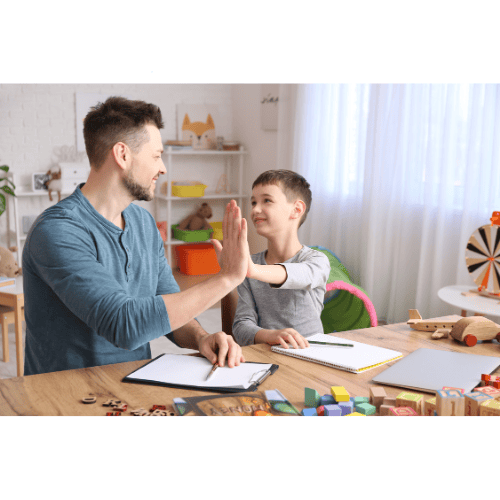


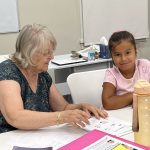
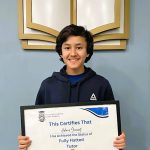


Recent Comments